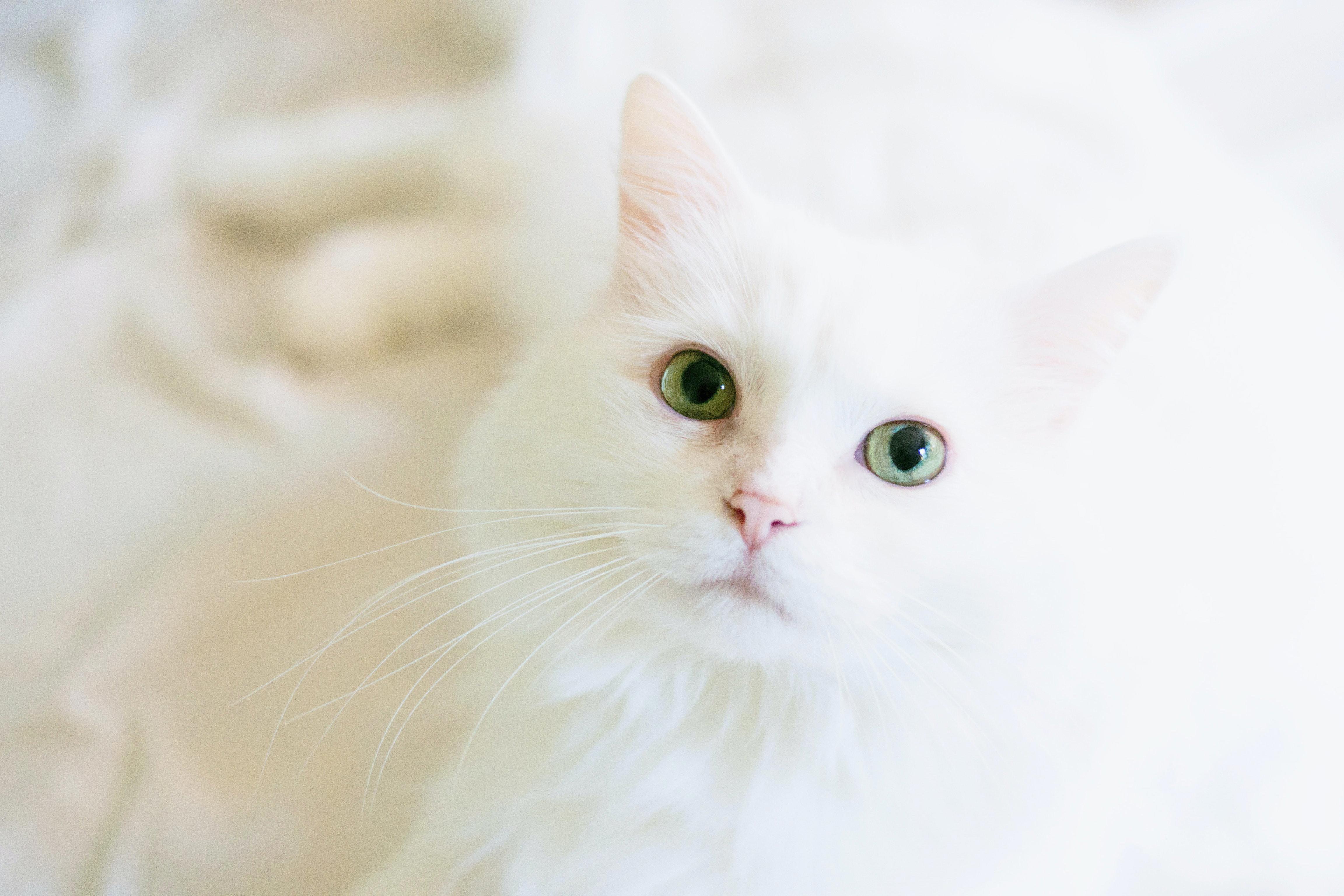Cats can be incredibly loving and affectionate animals, but they can also be quite territorial too. Many cat owners are surprised to find that their cats don’t always get along and may even start fighting with each other. If you’re wondering why your cats don’t get along and how to deal with any feline rivalry, you’ve come to the right place. In this blog post, we’ll explore the mystery of feline rivalry and provide some tips on how to handle it. So, let’s get started and unravel the mystery of why your cats don’t get along.
Introduction
If you’re a cat owner, chances are you’ve encountered some level of feline rivalry between your cats. Whether it’s a full-on battle between two cats or a subtle tension that’s been simmering in the background, you may be wondering why your cats don’t get along.
Feline rivalry can be a difficult issue to deal with, and it’s often hard to understand why cats don’t get along. But if you understand the principles behind feline rivalry, you can start to unravel the mystery and work towards a resolution. In this blog post, we’ll explore the common causes of feline rivalry and provide tips on how to deal with it.
What Causes Feline Rivalry?
There are a few different factors that can contribute to feline rivalry. Understanding these causes can help you better understand why your cats don’t get along.
Territoriality
Cats are naturally territorial creatures, and much of their rivalry stems from a desire to protect their space and resources. When cats are introduced to a new environment, they will often establish their own “territories” within the home that they feel comfortable in. If two cats have overlapping territories, this can lead to tension and even fights.
Competition for Resources
Cats are also very competitive creatures. When two cats are competing for the same resources such as food, water, or even attention, this can lead to tension and rivalry. Cats may also feel threatened by the presence of other cats in the home and may display aggressive behavior in an effort to protect their resources.
Personality Clashes
In some cases, feline rivalry can be caused by personality clashes. Cats with very different personalities may not get along. For example, a shy and timid cat may not get along with a more dominant and boisterous cat. Understanding your cats’ personalities can help you identify potential conflicts.
Other Factors

There are a few other factors that can contribute to feline rivalry. Cats may be jealous of a new pet in the home or may be reacting to changes in their environment. In some cases, cats can even display aggressive behavior due to medical issues or a lack of socialization.
Tips for Dealing With Feline Rivalry
Now that you understand the common causes of feline rivalry, you can start to explore ways to address the issue. Here are a few tips for dealing with feline rivalry:
Provide Plenty of Space
The first step is to provide plenty of space for your cats. This means setting up multiple litter boxes, food dishes, and beds in different areas of the home. This will help ensure that your cats have their own territories and can avoid conflict.
Create Positive Interactions
You should also take steps to create positive interactions between your cats. This can be done through playtime, petting, and treats. You can also set up special toys or activities that will get your cats interacting with each other in a positive way.
Avoid Punishment
It’s important to avoid punishing your cats for displaying aggressive behavior. Punishment can actually make the problem worse, as it can lead to increased levels of stress and anxiety. Instead, focus on positive reinforcement and reward your cats for good behavior.
Seek Professional Help
If you’re still having trouble dealing with feline rivalry, it may be time to seek professional help. A certified animal behaviorist can provide valuable insights on how to handle the situation and may even be able to offer specific solutions that are tailored to your cats.
Conclusion
Dealing with feline rivalry can be a difficult and frustrating process. But by understanding the causes of feline rivalry and taking the right steps to address it, you can help your cats get along and create a peaceful home environment. With a little patience and some understanding, you can unravel the mystery of why your cats don’t get along.
Ultimately, it is up to you as a cat owner to understand and identify the signs of feline rivalry and to take the necessary steps to ensure that your cats can live in harmony. Through patience and understanding, it is possible to unravel the mystery of why your cats don’t get along and to get them to coexist peacefully in the same home. With the right strategies and enough love, your cats can learn to navigate their relationship and become the best of friends.







